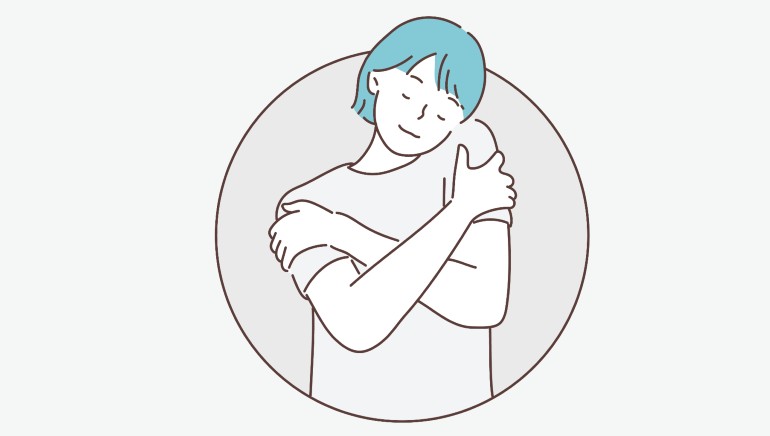
Currently, people all over the world are becoming more vocal about body positivity and its strong link to our mental health. Irrespective of our gender, most of us have been bullied, at some point or the other, for looking a certain way.
Too fat, too skinny, too dark, too tall – no matter how you look, you will be judged. Bullies often don’t even realize that their words can have mental health implications, leading to the development of body dysmorphic disorder.
Brands are increasingly realizing the importance of body positivity and hence, joining the movement to spread awareness. Towards that end, they’re designing various campaigns that include models of all sizes and races to amplify the message of body positivity.
The aim of the body positivity movement is to acknowledge the fact that preconceived notions about beauty can have a significant impact on the mental health of people, leading them to believe they need to ‘fix’ themselves in order to gain acceptability in society. This can also lead to the development of body dysmorphia.
According to Dr Ishita Mukerji, Clinical Director & Senior Psychologist at Kaleidoscope, body dysmorphic disorder or dysmorphophobia is characterized by a preoccupation with an imagined or slight defect in appearance which causes clinically significant distress or impairment in social, occupational and other areas of functioning. It is a fairly common but severe disorder that markedly affects the quality of life.

Those who suffer from this disorder can’t stop thinking about their perceived defects or flaws, leading to feelings of embarrassment and anxiety to the extent that social interactions are avoided. It could also result in overthinking about physical details that are barely noticeable or not visible to other people.

Understanding the signs and symptoms of body dysmorphic disorder is important as it helps in seeking timely medical intervention. A combination of psychotherapy and medication hs proven to be helpful in terms of combating the effects of body dysmorphic disorder.
This is because:
“One should seek therapy as a means of self-care and growth. It’s important to understand that reaching out to an expert is not a sign of weakness. The sooner one seeks help and understands his/her symptoms, the better the chances of recovery. When you notice that the symptoms are interfering with your day-to-day activities and you are experiencing a lot of disturbing thoughts related to your appearance, you should seek help to keep things from getting worse, especially if these symptoms last for a considerable period of time,” suggested Dr Mukerji.
So, ladies, it is time to accept yourself!
Select Topics of your interest and let us customize your feed.
PERSONALISE NOW